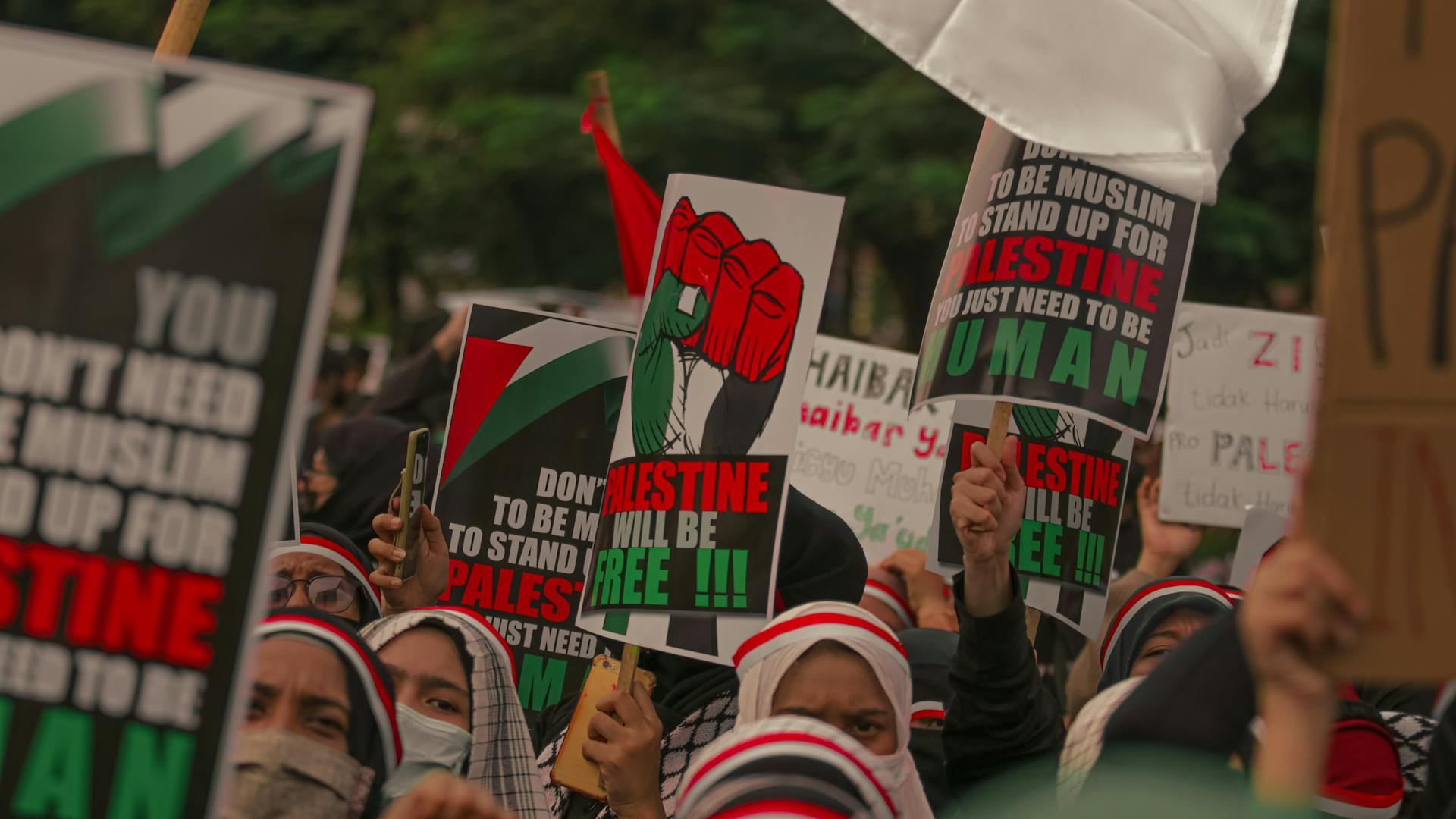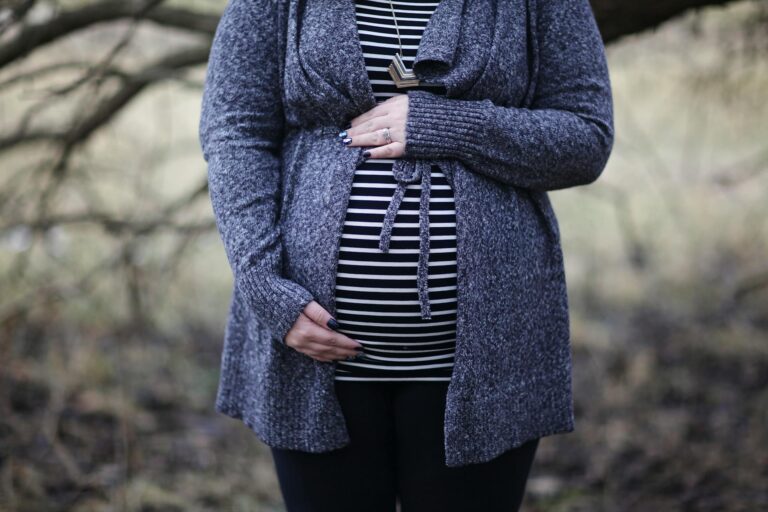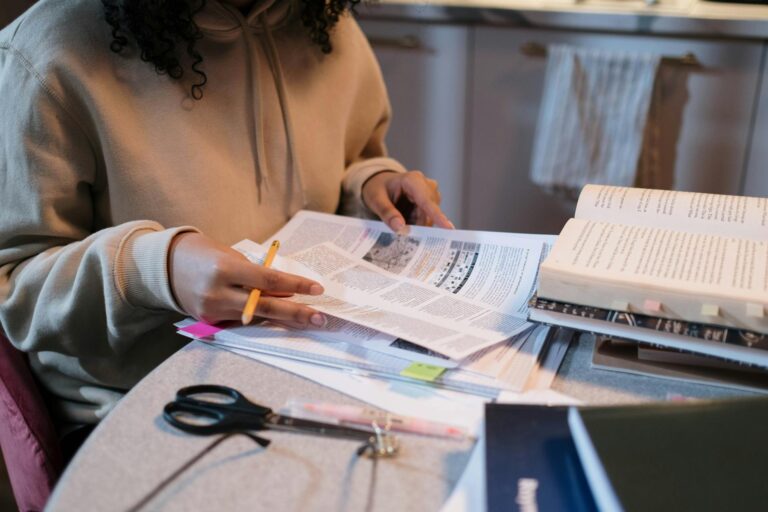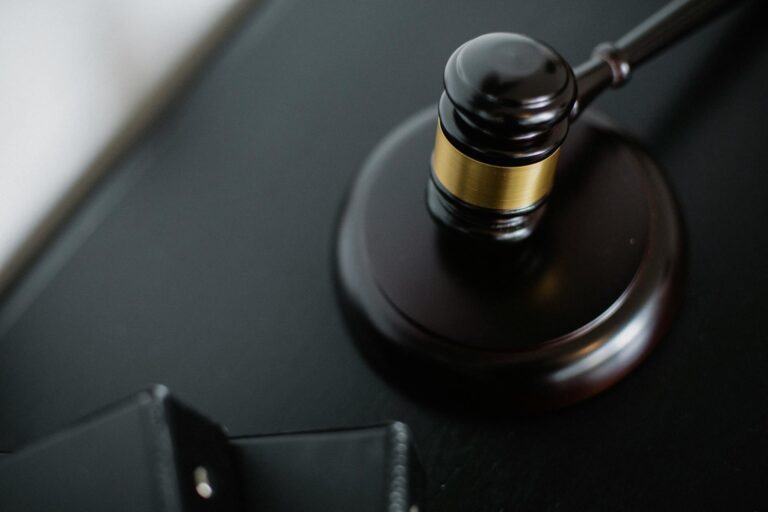The protest started with about twenty people at Saint Louis University (SLU) and quickly grew. By 6:30 p.m. on Wednesday, hundreds of students and locals had gathered near the SLU Clock Tower, showing strong support for Palestine.
Ahlam Jaber, a graduate student at SLU, spoke up about her participation, “This is extremely important to me, and everyone’s talking about it. I had to be here.” The demonstration was peaceful and demonstrated a strong sense of community among those present.
Evolution of the Protest
The number of protesters increased as the night went on, making the atmosphere more energized. There were Palestinian flags waving and signs held high as chants of “Free “Palestine!” was shouted across the campus. The protesters were expressing their disapproval of the recent acts of violence, particularly pointing to the October 7 attack by Hamas in southern Israel, which led to many deaths. The event was organized by the Occupy SLU Coalition and attracted not only students from SLU but also families, locals, and people like Michael Berg who said passionately about the conflict, “I wanted to be here to show my support. We shouldn’t have to accept this ongoing war as normal.”
Culmination of Activities
During the demonstration, a significant moment occurred when protestors gathered around a well-known fountain near North Grand and Lindell Boulevard on campus. They continued shouting for an end to fighting. Later on, they regrouped in the central part of campus for a major sitin that blocked traffic while they shared their calls for peace under the close surveillance of armed officers from SLU’s Department of Public Safety.
Community and External Reactions
The protest at Saint Louis University (SLU) elicited various responses from both the SLU community and others. Many backed the peaceful approach of the protest and its message of unity. However, some local Jewish leaders expressed worry about increasing antisemitism associated with these events. Rabbi Jeffrey Abraham from Congregation B’nai Amoona and Rabbi Jordan Gerson from WashU Hillel both shared concerns over rising tension and the possibility that these protests could escalate into violence.
Statements from Jewish Community Leaders
Rabbi Abraham pointed out that people not associated with SLU were attending similar protests, emphasizing the risk of interference by outsiders. Rabbi Gerson commented on the worrying rise in antisemitic attitudes within educational environments, calling it distressing.
Broader Implications and Future Concerns
The protest raised significant issues beyond immediate reactions. There are wider implications regarding safety in educational institutions involved in such demonstrations. These tensions highlight a need for dialogue and proactive measures to prevent violence while addressing concerns across communities effectively.
The rally at the university is part of wider protests happening on many U.S. college campuses. These events show how opinions about the Israeli Palestinian conflict are becoming more divided and emphasize the difficulties in keeping conversations open and understanding within academic circles.
As the evening ended, there were no significant issues or arrests, though someone mentioned a small scuffle without confirmation. Both the local people and university leaders are watching over this closely, aiming for a safe and welcoming space for everyone involved.
Reflections and Anticipated Outcomes
This recent event at SLU highlights how deeply involved students are in worldwide matters but also shows the delicate nature of such political discussions in places where different opinions overlap. The protest also leads us to think about what role universities play when they face these kinds of situations. Mediating and managing student activism ensures expressions stay peaceful and effective.
Looking forward
University authorities and student leaders must carefully handle the dynamics of free speech and safety. The outcomes at Saint Louis University could influence campus activism widely. Ongoing talks between students and administration, with input from broader community, are crucial.
As campuses remain centers for activism, insights gained from protests can shape conversations on civil discourse, local effects of global events, and justice fights worldwide.











+ There are no comments
Add yours